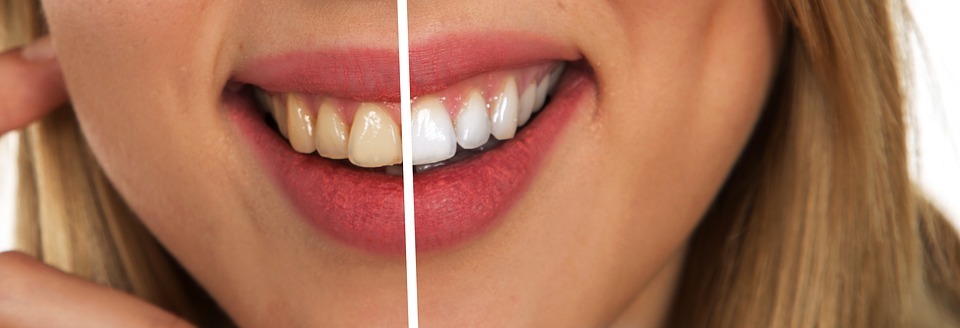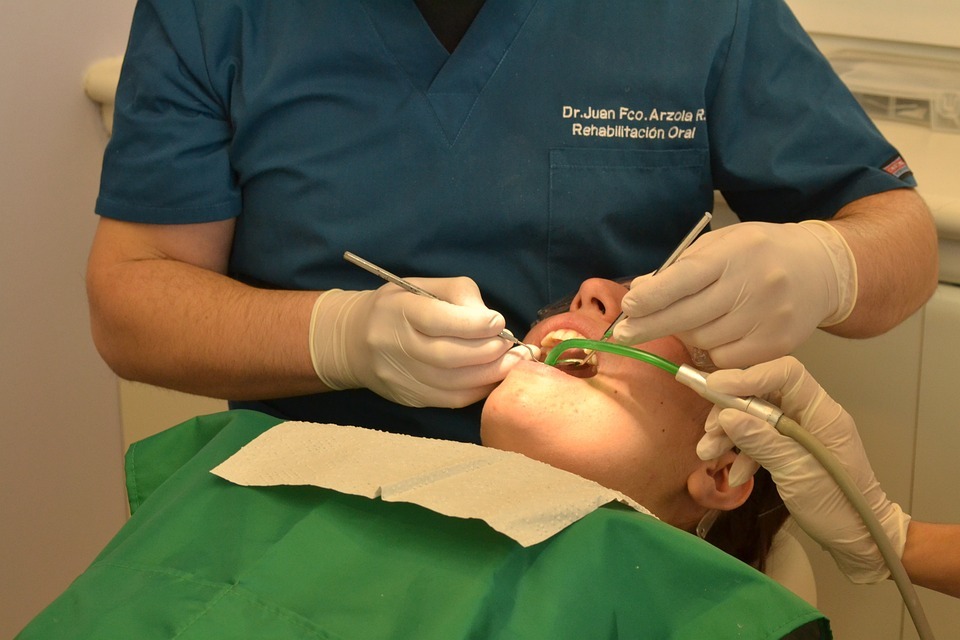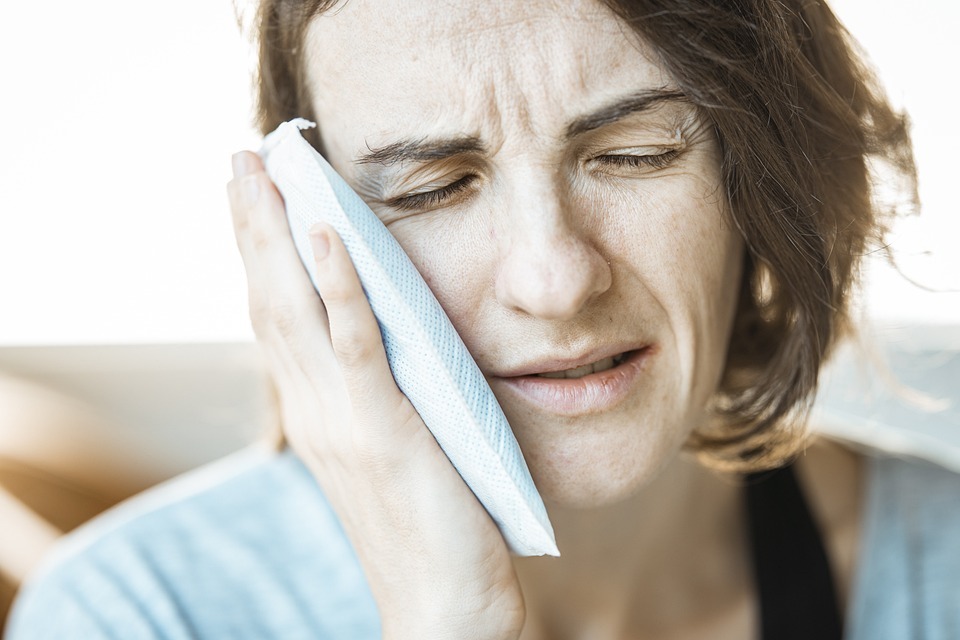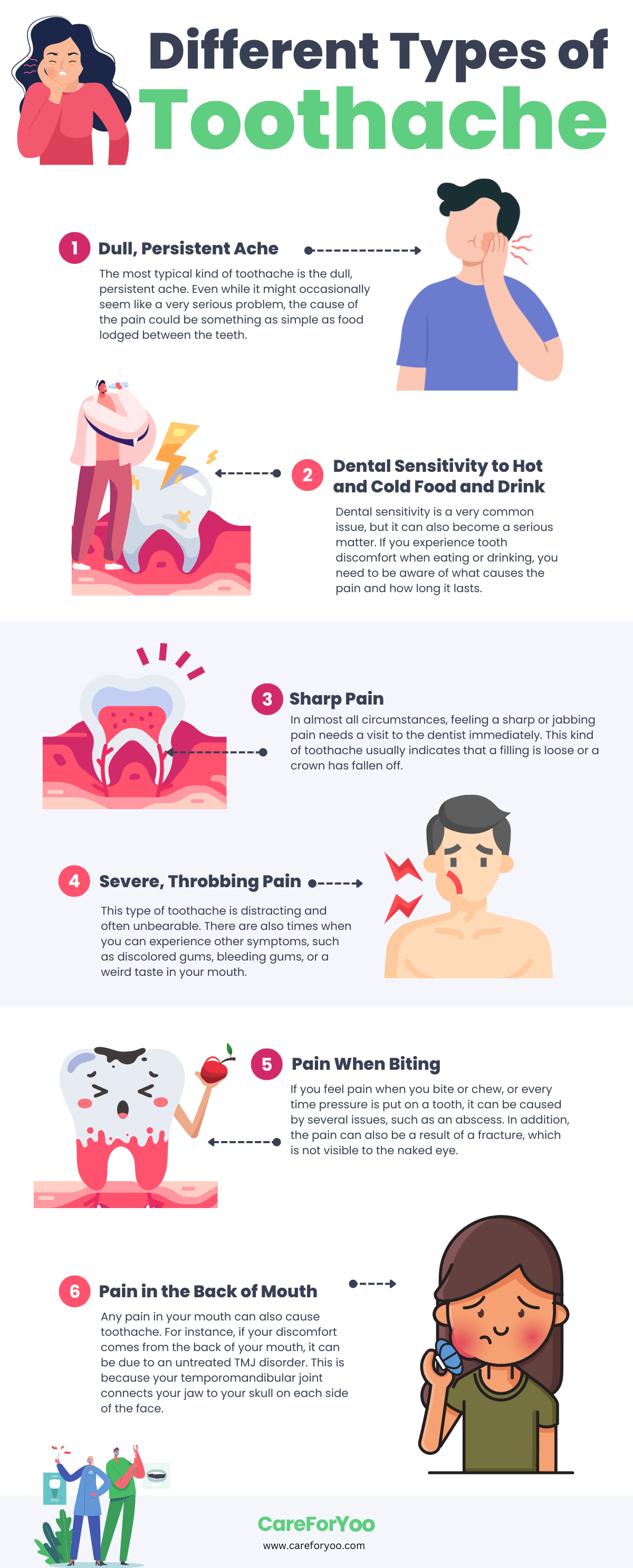Living off the grid is an increasingly popular lifestyle choice that allows individuals to live independently from the traditional public infrastructure. This usually involves adopting a self-sufficient lifestyle, relying on renewable energy sources, and living in rural or isolated communities.
While this can be a highly rewarding experience, it is important to remember that preventive healthcare is still needed. It is essential to maintain good oral hygiene habits and address any toothaches as soon as possible. Poor oral hygiene can increase the risk of cavities and gum disease which can lead to pain, infection, and even loss of teeth. In addition, infection in the mouth can spread throughout the body resulting in serious health problems. So, it is important to know how to deal with toothaches when you are away from civilization.
This post covers what causes toothaches, how to identify and treat them, and tips on how to prevent future dental problems. It also explores various home and herbal remedies, over-the-counter medications, resources for emergency dental care should you need it, and what to do when a toothache persists. By the end, you’ll have the knowledge you need to keep your teeth healthy and strong, no matter where you are.
Prevention
The best way to deal with toothaches is to prevent them in the first place. Good oral hygiene is essential to maintaining healthy teeth and gums, and prevent tooth decay and gum disease. When living off the grid, this might involve some additional work since access to a dentist and other resources are limited. It is important to practice good oral hygiene habits daily. This includes brushing your teeth twice a day with fluoride toothpaste and flossing once a day. You can also use a tongue scraper daily if available or a soft bristled brush and rinse your mouth with water or mouthwash after meals.
Tips For Maintaining Good Oral Hygiene When Living Off Grid
Here are a few tips for maintaining good oral hygiene when living off the grid:
- Carry a travel kit with you at all times so you can quickly brush and floss on-the-go
- Consume plenty of fresh fruits and vegetables – these foods contain natural fibers which can help scrub your teeth clean
- Avoid sugary snacks, which can increase your risk of cavities
- Avoid processed foods as much as possible
- Use toothbrushes made of biodegradable components such as bamboo
- If water is available, swish it around your mouth after eating or drinking anything sugary or acidic
- Carry a portable water filter with you so that you can always have access to clean drinking water
- If possible, schedule regular dental checkups as they are also important for prevention
Importance of Regular Dental Checkups
Even though access to professional dental care may be limited due to off the grid lifestyle, it is still important to seek dental care on a regular basis – ideally once per year. Visiting a dentist enables you to identify potential problems before they become serious issues. Since your lifestyle won’t permit you to get a long and extensive dental treatment, it’s best that you get a dental checkup whenever possible to prevent any dental problem from developing in the first place.
Home Remedies
When a toothache occurs, there are several home remedies that can provide relief. They may help reduce inflammation and temporarily reduce the discomfort until professional treatment is available.
Garlic and Clove Oil
Garlic and clove oil both have antibacterial properties that can help fight bacteria causing the pain. Crush garlic cloves into a paste and rub directly onto the affected area. Gargling a mixture of garlic juice mixed with warm water may also help reduce inflammation and provide some relief from pain caused by toothache.
Similarly, placing clove oil directly onto the affected area can help reduce inflammation. Take a piece of cotton, dip it in clove oil and place over the affected area. It will provide pain relief from toothache when applied regularly.
Saltwater Rinse and Oil Pulling
Another effective home remedy for relieving pain caused by toothache is a saltwater rinse. Simply stir one teaspoon of salt into one cup of warm water until dissolved. Swish this mixture around your mouth for 30 seconds up to several minutes and spit out. Saltwater rinses can help reduce inflammation and loosen debris stuck between teeth. They also neutralize the acidity in your mouth caused by bacteria buildup, which can irritate gums thereby causing pain from toothache.
Oil pulling is another ancient Ayurvedic practice for clearing bacteria from your mouth. It may also reduce inflammation caused by gum disease resulting in pain from toothache. Simply swish one tablespoon of coconut oil around your mouth for 10 minutes each morning then rinse your mouth with warm water. It helps remove bacteria that irritate your gums and provides some relief from discomfort and pain.
Ice and Heat Therapy
Applying an ice pack wrapped in cloth or piece of fabric over the affected area may help reduce swelling that you may experience and provide temporary relief from toothache pain. Similarly, applying heat such as a warm compress wrapped in cloth or piece of fabric may help reduce inflammation caused by gum disease. Both treatments should only be used when needed, but not more than 20 minutes at a time unless directed otherwise by a dentist.
Herbal Remedies
Herbal remedies are highly regarded amongst practitioners of natural medicine. They have an ability to provide healing without resorting to over-the-counter medications or prescription drugs. There are many herbs used for treating various ailments including toothache, including the following:
Chamomile Tea
Chamomile tea has anti-inflammatory properties, which make it helpful for reducing inflammation in gums resulting from infection. It also helps soothe mucous membranes which can become inflamed due to infection resulting in pain from toothache. Take some dried chamomile flowers and let them steep in a cup of boiling water. Drink this tea regularly to gain relief from the toothache.
Peppermint Tea
Peppermint has antiseptic properties, which make it helpful for killing bacteria in the mouth. Additionally, it helps soothe mucous membranes that can become inflamed due to infection, resulting in pain from toothache. You can make peppermint tea by using peppermint tea bags or with fresh or dried leaves. Boil a cup of water and let it cool down a bit before adding the leaves. Steep for five to 10 minutes and drink when still warm.
Aloe Vera
Aloe vera has also been used for centuries for its antiseptic properties and ability to promote healing. The gel found inside aloe vera leaves help reduce inflammation while also providing relief from painful symptoms associated with gum disease. It also helps kill bacteria that irritate gums and cause toothaches.
Plantain Leaves
Plantain leaves have also been used as a home remedy for toothaches due to their antimicrobial properties. They contain tannins which help reduce swelling and soothe mucous membranes resulting in relief from painful oral symptoms. These leaves also contain allantoin, which reduces inflammation and helps prevent infection.
Over-the-Counter Medications
You typically don’t need any prescription drugs to address oral discomfort. There are several pain-relieving medications available for toothache relief. You can use the following over-the-counter medications for treating mild cases of toothache while living off the grid:
Ibuprofen (Advil)
This nonsteroidal anti-inflammatory drug helps reduce swelling while providing temporary relief from mild cases of pain associated with gum disease. It can be taken orally or topically applied in the form of gel.
Acetaminophen (Tylenol)
Acetaminophen helps relieve minor pains associated with mild cases of toothache. It is known for its anti-inflammatory effects that help reduce swelling associated with gum disease that may be causing a toothache.
Oral Numbing Gels
These topical medications contain ingredients such as benzocaine which helps numb sore areas in your mouth. It is important to follow package instructions when using these medications in order to avoid any adverse reactions or other issues.
Emergency Dental Care
Choosing the right treatment for toothache is important in preventing further damage and potential infection. If a toothache persists despite home treatment, emergency dental care should be sought out as soon as possible in order to properly diagnose the cause of the pain and get appropriate treatment.
If infections occur outside of the teeth and gums, such as in the jawbone or neck area, it is important to get professional dental care immediately. Delaying the treatment in such a condition may result in further damage to your teeth and gums leading to more severe infections.
You should also visit a dentist if symptoms such as fever or swelling around the face or jawbone occur as they could indicate a serious infection that requires attention from a dentist or physician. This might involve traveling to a local town or city in order to access a dentist or other resources such as emergency medical clinics in remote locations.
A few resources are available for emergency dental care for anyone living off the grid. These include local health clinics and community outreach programs for those with limited access to dental care services as well as remote practitioners who provide mobile services. You might be able to access these resources for dental issues without needing to visit the city.
Additionally, there are several organizations such as Mission of Mercy and the Remote Area Medical Foundation that provide free emergency dental services for those who cannot afford the cost of treatment or lack access to professional dental services due to location limitations associated with living off the grid.
It is important to be prepared for potential dental emergencies by carrying an emergency dental kit with basic items such as cotton swabs, gauze pads, temporary filling material, pain relievers, orajel, etc., when traveling away from the home base. You should also keep regular contact with a remote dentist who you can reach out to during an emergency.
Conclusion
Toothaches are an inconvenience that can sometimes become difficult to manage, especially when you live off the grid. When living off the grid, it can be even more challenging to address issues related to oral hygiene and dental care. Nevertheless, it is important to maintain good oral hygiene practices and address toothaches in a timely manner or else you may risk further damage to your teeth and gums.
Being aware of your dental health enables you to prevent and treat any problems that come up. Living off the grid can make this more challenging, but it’s not impossible. By following the tips outlined above and seeking out emergency dental care if necessary, you can keep your teeth healthy and strong and enjoy a life of living off the grid with confidence.






